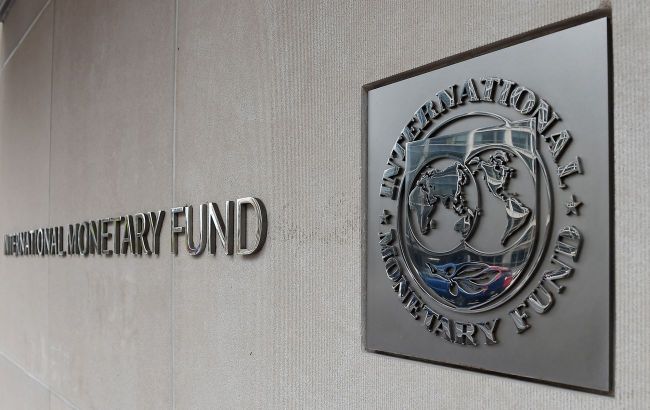AI could impact 40% of jobs worldwide - IMF
 Artificial intelligence will affect 40% of jobs in the world (GettyImages)
Artificial intelligence will affect 40% of jobs in the world (GettyImages)
The International Monetary Fund has predicted the risks of technology development. Thus, almost 40% of jobs worldwide can be replaced by artificial intelligence.
IMF Managing Director Kristalina Georgieva calls on global governments to create social safety nets and offer retraining programs to counter the impact of artificial intelligence.
"In most scenarios, AI will likely worsen overall inequality, a troubling trend that policymakers must proactively address to prevent the technology from further stoking social tensions," she writes
Georgieva notes that the widely used artificial intelligence technology can both help and harm the human workforce.
She also reiterates previous points made by other experts, noting that the expected effects will be more pronounced in advanced economies than in emerging markets, in part because of the In particular, because office workers are considered to be more at risk than workers performing physical labor.
Threats to more developed countries
According to her, in more developed countries, artificial intelligence could affect 60% of jobs. However, despite this, about half of them can benefit from the way AI contributes to productivity.
"For the other half, AI applications may execute key tasks currently performed by humans, which could lower labor demand," Georgieva says.
Referring to an IMF analysis, she emphasizes that this would lead to lower wages and reduced hiring.
"In the most extreme cases, some of these jobs may disappear," Georgieva states.
Threats to less developed countries
In emerging and low-income countries, AI is expected to affect 40% and 26% of jobs, respectively.
Risks for age groups
Georgieva warns that using artificial intelligence could increase the likelihood of social unrest. Studies show that AI can help less experienced workers increase their productivity faster. Younger workers can more easily use the latest technologies, while older workers are harder to adapt in this regard.
Prospects in field of artificial intelligence
However, according to a March 2023 estimate by Goldman Sachs economists, widespread adoption of artificial intelligence could ultimately boost productivity and increase global GDP by 7% annually over 10 years.
Georgieva also points to opportunities to increase production and revenues worldwide through the use of AI.
"AI will transform the global economy. Let’s make sure it benefits humanity," she writes.
Regulation of artificial intelligence
Lawmakers worldwide have begun to think about how to regulate AI and prevent potential threats after generative artificial intelligence, which uses data to create new content such as ChatGPT, made headlines.
The CEO of OpenAI, the company that created ChatGPT, called on the U.S. Congress to regulate artificial intelligence. It is known that U.S. Senators are holding secret briefings on this issue.
In early November, the U.S., EU, UK, and China signed a joint declaration stating that artificial intelligence potentially poses a catastrophic risk to humanity.
In early December, after more than 37 hours of negotiations, delegates from the European Commission, the European Parliament, and 27 member states reached an agreement on the regulation of artificial intelligence (AI).

